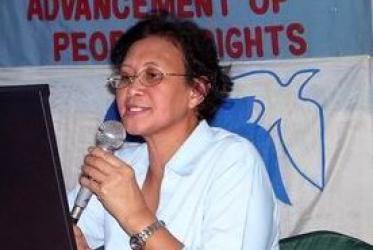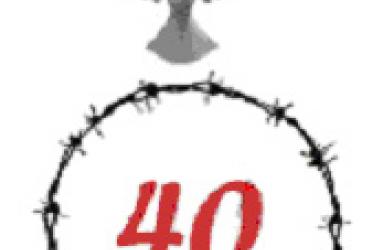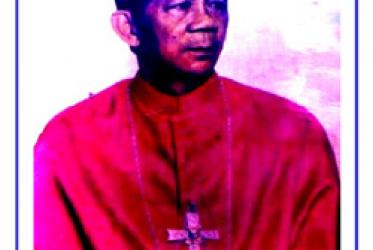Displaying 201 - 220 of 263
28 September 2007
WCC reacts to brutal stabbing of Philippines bishop
11 October 2006
WCC seeks end to extrajudicial killings in the Philippines
05 September 2006
November 2005
25 October 2005
Philippine churches help light the world in remote villages
30 August 2005




